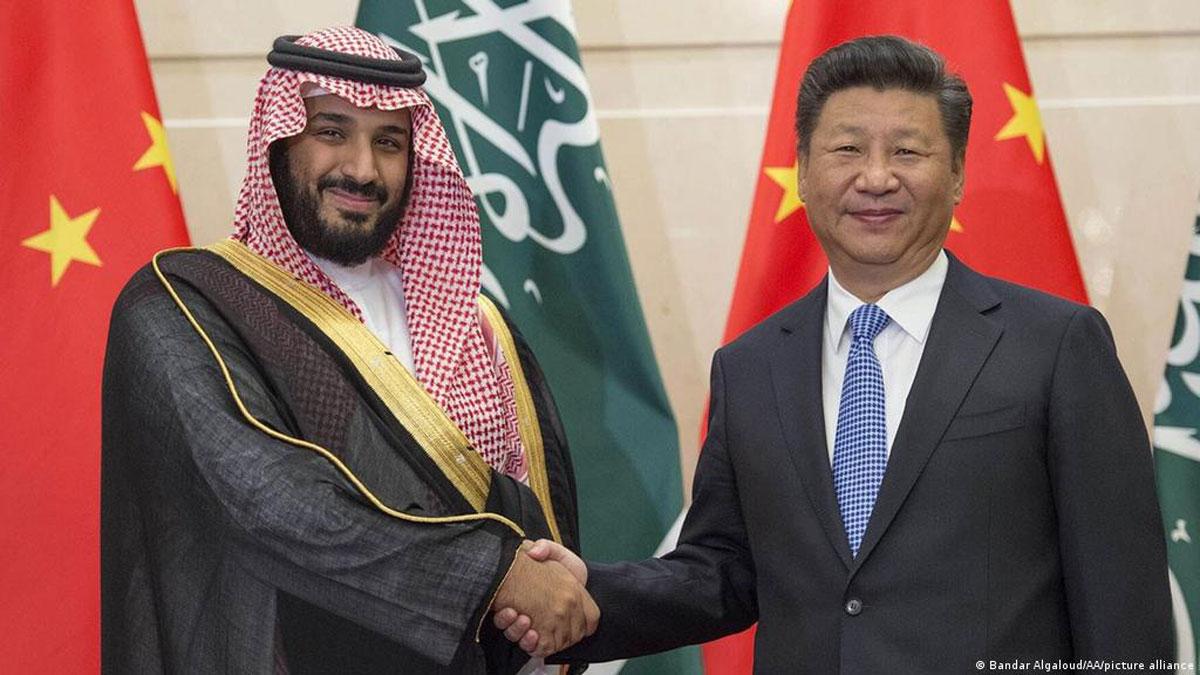Africa-Press – Lesotho. The war in Ukraine and the type of sanctions imposed may have far-reaching global economic and financial consequences. Data from the International Monetary Fund giving the Currency Composition of Official Foreign Exchange Reserves, published in December, shows that the US dollar, euro, Japanese yen, British pound and the Chinese yuan are the five major reserve currencies held by central banks around the world.
The US dollar is the dominant currency holding 59.1% of the world allocated reserves. Only 2.7% of reserves are held in yuan. The dollar has been the world’s reserve currency. However, past economic and financial sanctions have caused countries to adopt countervailing measures.
In a bid to limit its exposure to US dollars, the Central Bank of Russia has spent years diversifying its reserve holdings, with a particular emphasis on building up exposure in euros, gold and the yuan.
According to records, in mid-2021, 21.7% of Russian reserves were held in gold, 16.4% were in US dollars – down from more than 40% just four years ago – and 13.1% in yuan. Since 2014 China and Russia have severely reduced their dependence on the dollar for bilateral trade.
Russia’s multi-year push to remove the dollar’s hold over its economy and financial markets has so far helped ease the impact of sanctions imposed by the US and its allies. Undermining trust
Western sanctions cutting off Russia’s access to its foreign reserves give China a greater incentive to move away from the US dollar and euro and may push other countries to follow suit.
A huge chunk of Russia’s $ 630 billion in foreign reserves is frozen. China might feel that further diversification of its US$3.2 trillion of foreign reserves would be appropriate.
In other countries, policymakers might feel that the composition of their own reserves should be further diversified. They may favour increasing their yuan holdings.
For More News And Analysis About Lesotho Follow Africa-Press






